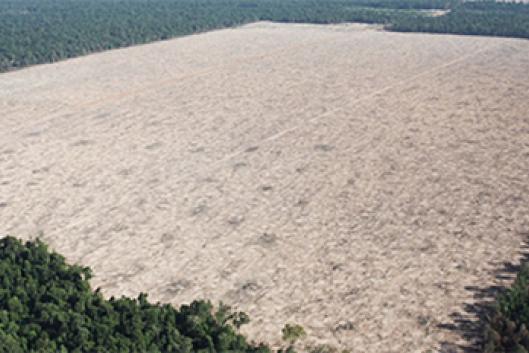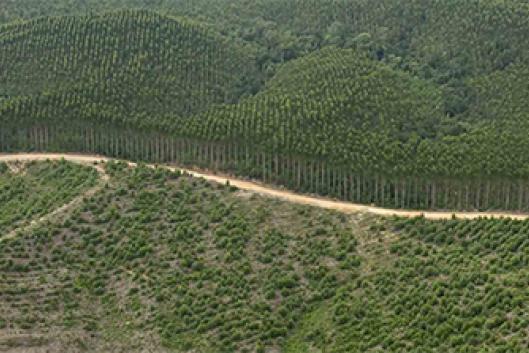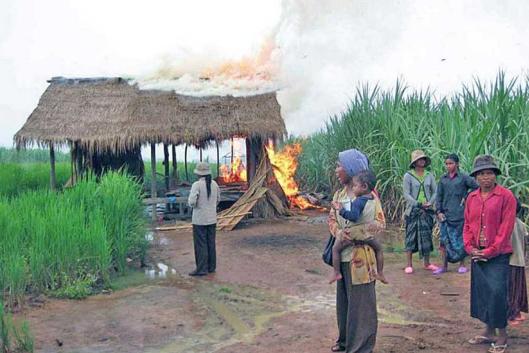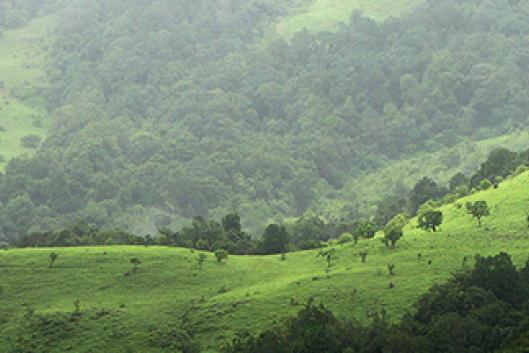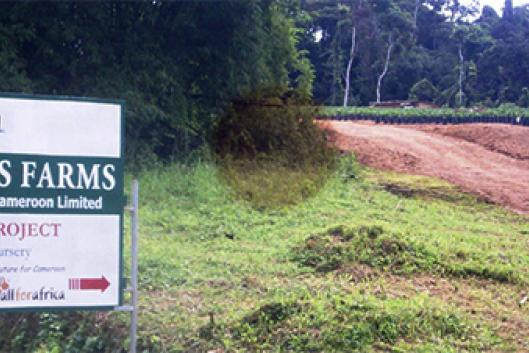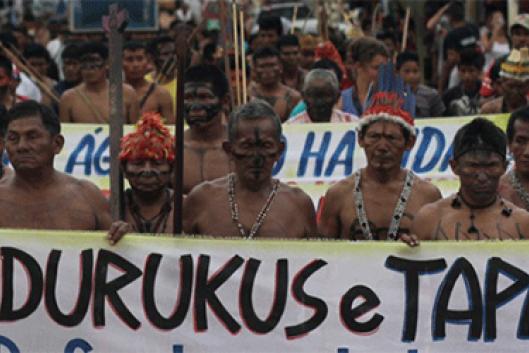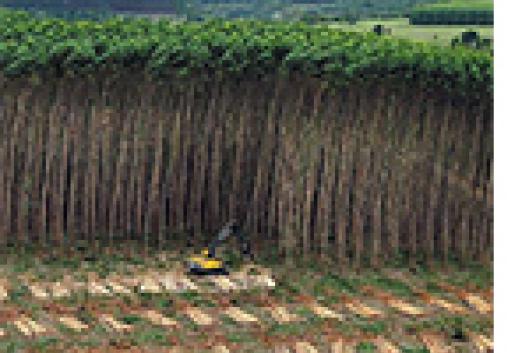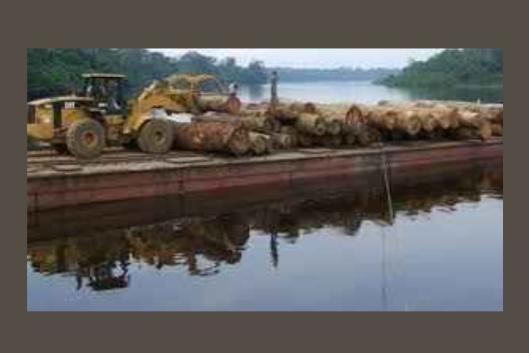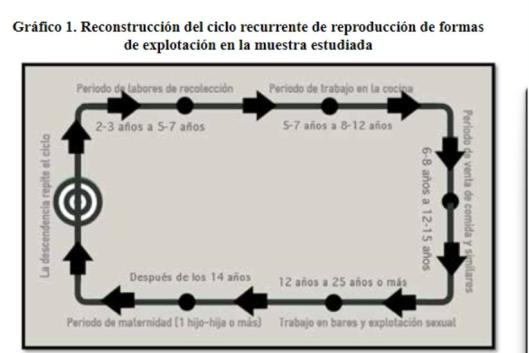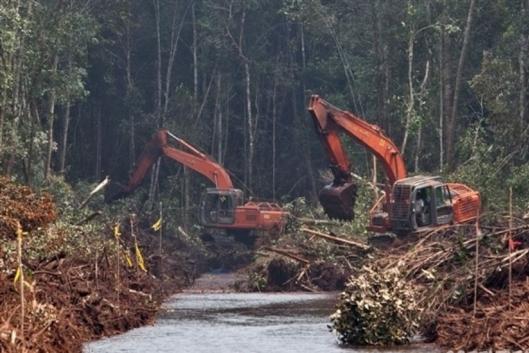Bulletin Issue 217 – August 2015
Forestry concessions: an imposed model that benefits industry
WRM Bulletin
217
August 2015
OUR VIEWPOINT
FORESTRY CONCESSIONS:
AN IMPOSED MODEL THAT BENEFITS INDUSTRY
-
-
16 September 2015After several years of struggle, rural communities in the province of Oddar Meanchey, Cambodia, are seeing signs of victory. Three private companies that had acquired approximately 20,000 hectares of farm- and forestland for sugarcane plantations have withdrawn and their concessions have been cancelled. The companies are “Angkor Sugar Company Ltd” and “Cambodia Cane and Sugar Valley Company Ltd” in Kounkriel Commune, Samraung District, and “Tonle Sugar Cane Company Ltd” in Pong Ro Commune, Changkal District.
-
16 September 2015Giving away India’s forests On August 13, 2015, Prakash Javadekar, India’s Minister of the Environment, informed the Upper House of the Indian parliament that “during the last five years and current year, the central government has accorded approvals to over 184,393 hectares of forest land in 7,716 cases for various developmental activities…” (1) This means that more than 1.8 million hectares of forests have been leased out to miners, dam builders, urban land developers and so on. In 2014, 35,867 hectares of forests were diverted for non-forest use, according to another statement made by the same minister to the parliament on April 28 (2).
-
PEOPLES IN ACTION
-
16 September 2015In September 2015, the UN Organization for Food and Agriculture (FAO) will held the World Forestry Congress in Durban, South Africa, on the “Sustainable Future” of the world’s forests. Policy makers will also attend this meeting, controlled by the timber industry. The FAO definition of forests used in the UN climate negotiations opens the door to the destruction of forests by allowing their replacement with industrial tree plantations. Forests are home to a priceless biodiversity and as such support a myriad of life forms, including not just flora and fauna but the millions of people who depend on them too.
-
16 September 2015In 2013, the Central African Republic was plunged into a conflict that has cost over 5,000 lives and displaced more than a million people. When the insurgent group Seleka seized power in a bloody coup d’état, Seleka rebels were dispatched to the country’s rainforests. Here they struck lucrative deals with logging companies that helped bankroll a fierce campaign of violence against the country’s population. The NGO Global Witness carried out an investigation which revealed how these logging companies have paid millions of euros into the hands of rebels guilty of mass murder, kidnappings, rapes and the forced recruitment of child soldiers.
-
16 September 2015A video from the NGO Global Witness, who visited many communities in DRC directly impacted by the logging industry, shows the reality of these concessions on the ground. Mostly, the same story repeated itself. Communities have had no positive effects since logging companies started operating, resources they depend upon have become scarce and rivers are drying up, while promises of developmental projects and employment have vanished. “We have no voice. We are like people who are already sold”, sates one person in the video. Besides, the communities resisting the logging operations have confronted conflicts and violence from security forces.
RECOMMENDED
-
16 September 2015An investigation focused on the river port of Pucallpa, Ucayali, in the Peruvian Amazon, reveals that women serving in the bars around the harbor and those dedicated to the work in logging camp kitchens (legal and illegal) have been continuously sexually exploited, and many of them are also victims of sex trafficking. The author Jaris Mujica, of the Catholic University of Peru, reconstructs the patterns and the cyclical reproduction of these types of exploitation, framed by a background of more structural exploitation.
-
16 September 2015A report from the Rainforest Foundation UK, shows how attempts of community based forest management in the Congo Basin thus far have not been able to transfer meaningful rights or benefits to local communities. Only around 1% of the total Congo Basin is under the formal control or management of local communities while industrial-scale logging represents by far the biggest land use in the region. Evidence strongly suggests that the best outcomes emerge where community forest policies are grounded in widely recognised, legally-enforced and secure rights which allow communities themselves to establish and enforce rules governing the access and use of forests.
-
16 September 2015Ancient forests are being lost at an "unprecedented" rate from protected lands in Cambodia, according to a new report from the group Forest Trends. The Cambodian government has in recent years granted what are termed Economic Land Concessions (ELC) to large agri-business companies who want to develop the land. Under the guise of creating a rubber plantation for instance, the trees are cleared and exported. With an ELC licence, companies can clear cut the forest stating that they will plant something but on many occasions, the plantations never materialise. Read article at: http://www.bbc.com/news/science-environment-33702814
-
16 September 2015Most of the Congo Basin’s forests have been divided up into concessions, conservation areas and community use, with most of Central Africa’s forests being under industrial forest concessions. Forest-dependant communities have been totally excluded from decision-making processes. Zoning, in the way it is currently implemented, is potentially creating future legal and social conflict by ignoring pre-existing forest use and management patterns that are far more complex and nuanced than "logging", "conservation" and "community use". Read report (in English and in French): http://www.forestsmonitor.org/en/reports/551571
-
16 September 2015Hundreds of people are detained in Indonesia for having claimed their rights on their land, forests and other resources while resisting eviction and land grabs. The reality is that Indonesia’s Forest Law on Prevention and Eradication of Forest Destruction, ostensibly intended to protect the forests from organized crime and illegal logging, is instead being used to criminalize Indigenous Peoples and local communities. Few have the monetary resources necessary to defend their rights against powerful and sometimes corrupt interests that seek to control Indonesia’s forests, the same land where many have lived off and protected for generations.
